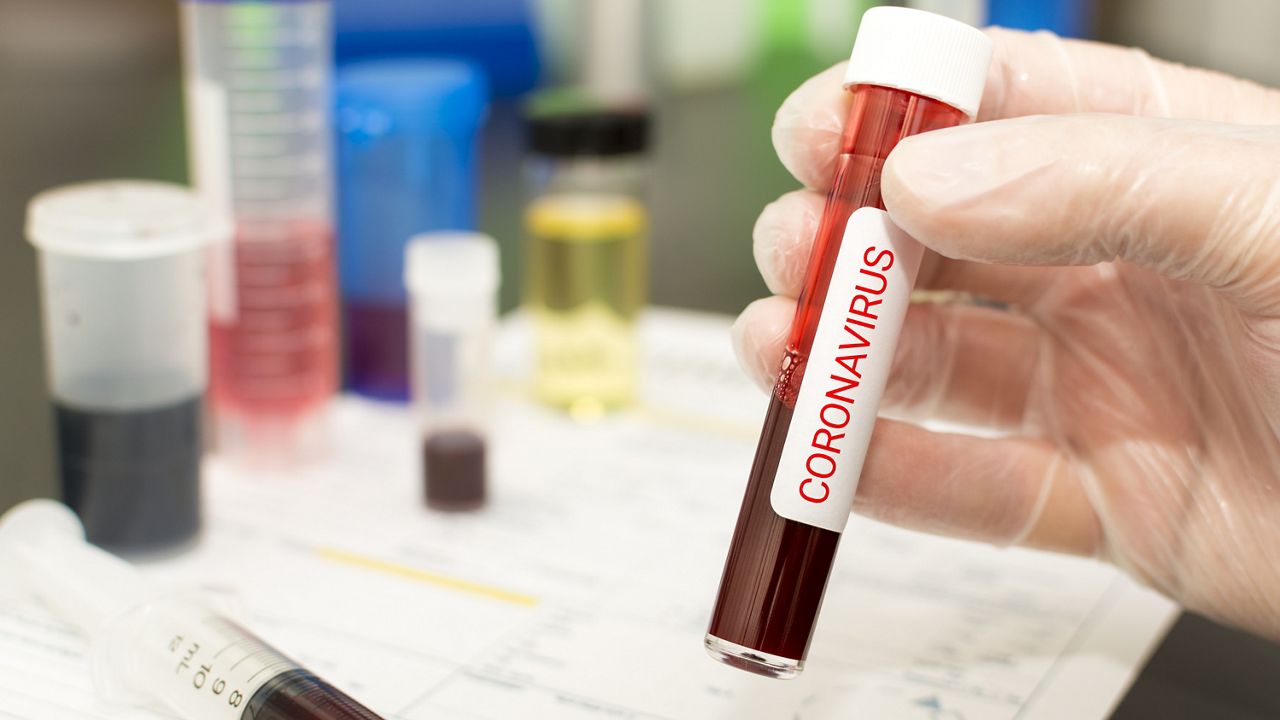CLEVELAND — Case Western Reserve University (CWRU) received two grants from the National Cancer Institute, totaling $2.6 million, to study the body's immune response to COVID-19.
The institute awarded 13 grants nationally for the study.
"This funding from the National Cancer Institute allows us to pivot existing knowledge and resources to accelerate our understanding of COVID-19 infections to optimize our protections and response to this clinically devastating infection," said Stan Gerson, the interim dean of the School of Medicine.
CWRU researchers explained there's a "major gap" in understanding how the body fights off COVID-19 — otherwise known as antibody resistance — especially if the individual has pre-existing conditions. There's also little information into comprehending why many individuals do show symptoms while others don't.
The researchers plan to study how early different individuals with different conditions react to the virus, and discern whether it positively or negatively affects development of humoral immunity, which is when antibodies bind to pathogen to help neutralize its effects on the body.
“By characterizing the early immune response prior to onset of symptoms we hope to identify features that will predict symptomatic versus asymptomatic cases, disease severity and long-term immunity,” said researcher Christopher King.
The long-term effects of COVID-19 is also something they hope to better understand through the study.
Many patients have reported heart problems after the virus has left their system, while some didn't. The researchers plan to compare which individuals develop heart issues to COVID-19 versus the ones who don't, and identify the ways the virus can directly or indirectly attack organs.
In the end, the team hopes there will be some answers when it comes to how the virus affects those with pre-existing conditions — not just patients with heart disease, but a wide array of health conditions.
“We are trying to understand the intrinsic mechanisms that explain why some develop life-threatening disease whereas others are minimally affected,” said Zidar. “We hope to develop strategies to identify and prevent severe illness from developing in those with COVID," said David Zidar, an associate professor at the School of Medicine.



